How a Construction Defect Expert Witness Can Change the Outcome of Your Case – Guest Post
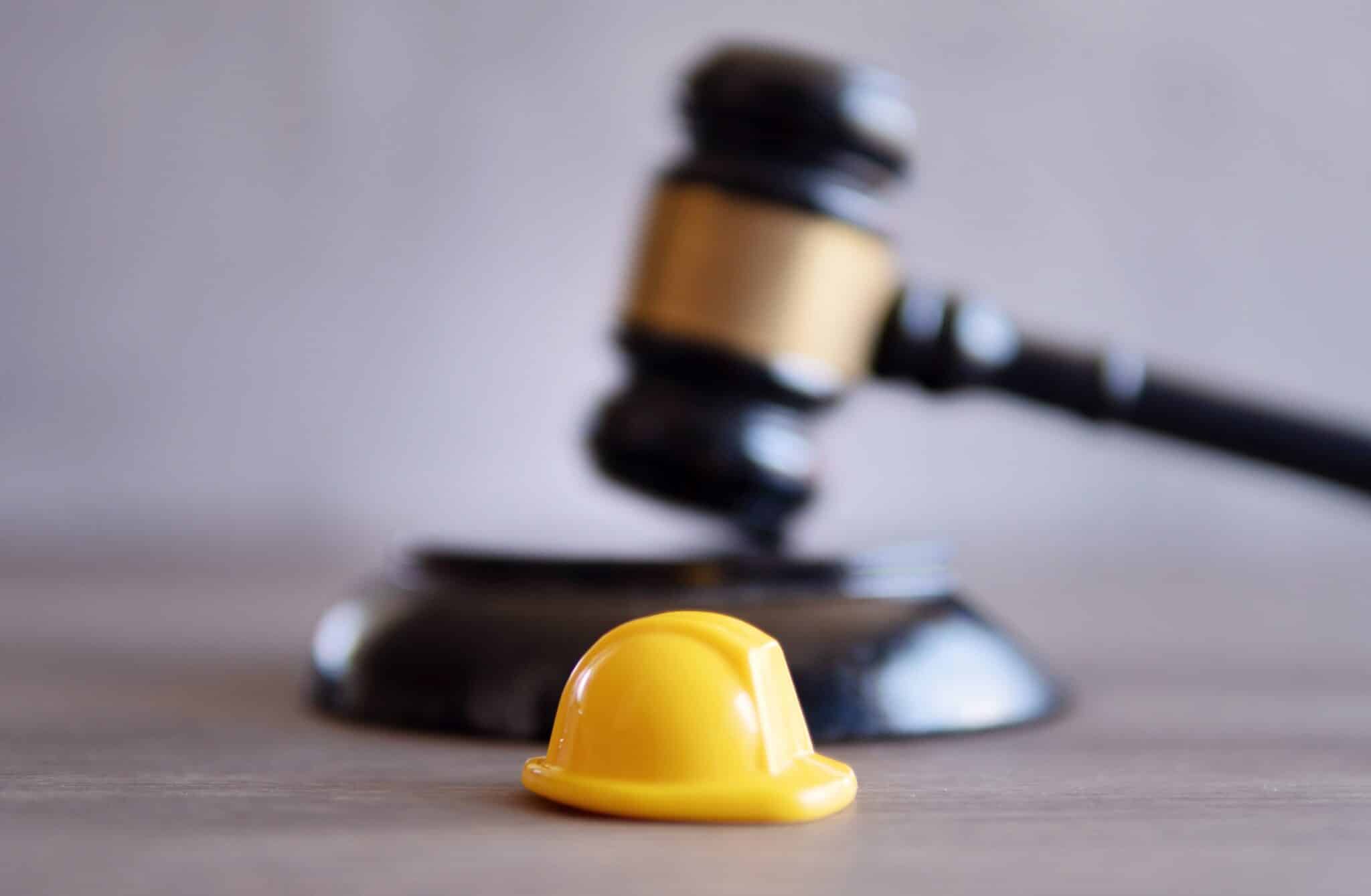
Construction defect litigation represents one of the most technically complex areas of civil law. Projects that should stand as monuments to craftsmanship instead become sources of costly disputes when structural failures emerge, materials prove inadequate, or workmanship falls short of industry standards.
The difference between winning and losing these cases often hinges on the testimony of a construction defect expert witness. These specialized professionals bridge the gap between technical complexity and legal clarity, transforming confusing engineering data into compelling courtroom arguments.
What Makes Construction Defect Cases Unique
Construction defect disputes differ significantly from typical civil litigation. Technical specifications, building codes, and industry standards form the foundation of every argument. Material science, structural engineering principles, and construction methodology become central to establishing liability and damages.
Courts and juries typically lack the technical background necessary to evaluate these complex issues independently. A construction defect expert witness serves as the crucial translator, converting technical jargon into understandable explanations that support legal arguments.
The Expert’s Role in Legal Proceedings
Construction defects expert witness professionals bring years of hands-on experience to courtroom proceedings. Their primary responsibility involves analyzing construction problems, identifying root causes, and determining whether work meets industry standards. This analysis forms the backbone of most construction defect cases.
The objectivity these experts maintain sets them apart from other witnesses. Professional ethics require them to provide unbiased testimony based solely on technical facts and industry standards. This neutrality gives their opinions considerable weight with judges and juries.
Types of Construction Problems Expert Witnesses Address
Expert witnesses for construction defects handle a wide range of technical issues that can plague construction projects:
Design-Related Problems:
- Flawed architectural plans or engineering specifications
- Inadequate structural calculations or load-bearing capacity
- Non-compliance with local building codes or zoning requirements
- Poor site planning or drainage design
Material and Installation Issues:
- Substandard materials that fail to meet project specifications
- Improper installation techniques or construction methods
- Quality control failures during construction phases
- Code violations or safety standard breaches
Workmanship Deficiencies:
- Poor craftsmanship that falls below industry standards
- Inadequate supervision or project management
- Failure to follow the manufacturer’s installation guidelines
- Shortcuts that compromise structural integrity
Each category requires specialized knowledge to be properly evaluated and presented to a court. The expert’s background must align closely with the specific technical issues involved in the case.
How Expert Testimony Transforms Case Outcomes
The impact of skilled expert witness testimony extends far beyond simple technical explanations. These professionals can fundamentally alter how judges and juries perceive the facts of a case.
Establishing Clear Liability
Construction defect expert witnesses excel at tracing problems back to their origins. They create clear timelines that show when defects first appeared, what factors contributed to their development, and which parties had control over the relevant construction phases.
This analysis proves essential for establishing liability in complex cases involving multiple contractors, subcontractors, and suppliers. The expert’s ability to pinpoint responsibility often determines which parties face financial consequences.
Professional standards and industry practices provide the framework for these determinations. Experts compare actual construction work against established benchmarks, identifying specific instances where performance fell short of acceptable levels.
Quantifying Financial Impact
Damage assessment requires both technical expertise and practical construction knowledge. Construction defects expert witness professionals evaluate repair costs, including materials, labor, and project delays. Their analysis often reveals hidden costs that might otherwise go unnoticed.
The scope of damages frequently extends beyond immediate repair expenses. Property value reduction, business interruption costs, and ongoing maintenance expenses all factor into comprehensive damage assessments. Expert witnesses provide the technical foundation for these broader economic calculations.
Strategic Selection of an Expert Witness for Construction Defects
Choosing the right construction defect expert witness requires careful evaluation of several critical factors. The expert’s background must match the specific technical challenges presented by the case.
Essential Qualifications
Professional credentials serve as the foundation for expert credibility. Advanced degrees in engineering, architecture, or construction management demonstrate formal education in relevant fields. Professional licenses and certifications provide additional validation of expertise.
Practical experience often proves equally valuable as formal education. Years spent working on actual construction projects provide insights that classroom learning cannot replicate. This hands-on experience enables experts to identify problems that less experienced professionals might miss.
Communication skills represent another crucial qualification. Technical knowledge becomes worthless if the expert cannot explain complex concepts clearly to lay audiences. The most effective experts translate engineering principles into language that resonates with judges and juries.
Experience in Similar Cases
Previous testimony experience provides valuable preparation for courtroom challenges. Experts who have successfully handled similar cases bring proven strategies for presenting technical information effectively. Their track record of credible testimony enhances their value to legal teams.
Cross-examination experience proves particularly important. Opposing counsel will attempt to undermine expert credibility through aggressive questioning. Experts with courtroom experience maintain composure under pressure and defend their conclusions effectively.
The Expert Witness Process
Construction defect expert witness involvement begins long before courtroom testimony. The process typically unfolds in several distinct phases, each building upon previous work.
Initial case evaluation involves reviewing available documentation. Contracts, construction plans, specifications, and correspondence provide the foundation for understanding project requirements and identifying potential problems.
Site inspection represents a critical phase where experts observe conditions firsthand. Physical evidence often reveals problems not apparent from documentation alone. Detailed photographs, measurements, and material samples collected during site visits support subsequent analysis.
Report Development
Comprehensive written reports document expert findings and conclusions. These reports serve multiple purposes, providing foundations for testimony while facilitating settlement negotiations. Well-structured reports present information logically and support conclusions with credible evidence.
The typical report structure includes project background, investigation scope, detailed findings, and professional conclusions. Visual aids such as photographs, diagrams, and technical drawings enhance report effectiveness by illustrating key points clearly.
Legal teams often use these reports to evaluate case strength before trial. When expert analysis reveals significant problems with opposing positions, settlement negotiations frequently become more productive.
Testimony Preparation
Deposition testimony allows opposing counsel to question experts before trial. This process helps both sides understand expert opinions and prepare for trial testimony. Consistency between reports, depositions, and trial testimony proves essential for maintaining credibility.
Trial preparation involves refining presentation skills and anticipating challenging questions. Mock examinations help experts develop clear, confident responses while maintaining professional composure under pressure.
Common Challenges in Expert Testimony
Construction defect expert witnesses face several obstacles that can affect the impact of their testimony. Understanding these challenges helps legal teams prepare more effectively for potential problems.
Credibility and Bias Concerns
Maintaining credibility requires experts to avoid any appearance of bias or advocacy. Professional integrity demands objective analysis, even when conclusions might not favor the hiring party. This neutrality proves essential for maintaining court credibility.
Opposing counsel often attempts to undermine expert credibility by suggesting bias or highlighting patterns in previous testimony. Experts must demonstrate that their opinions rest on solid technical analysis rather than advocacy or speculation.
Communication Barriers
Technical complexity can create communication barriers between experts and lay audiences. Balancing technical accuracy with accessibility requires skill and experience. Experts must explain complex concepts without oversimplifying crucial details.
Visual aids can help overcome communication challenges. Diagrams, photographs, and models make abstract concepts more concrete and understandable. Technology such as computer simulations and 3D models provides additional tools for effective communication.
Maximizing Expert Impact
Effective collaboration between legal teams and construction defect expert witnesses maximizes testimony impact. Early expert involvement allows for better strategic planning and more thorough case development.
Attorneys should brief experts on the overall case strategy and key arguments. This alignment helps experts focus their analysis on the most relevant issues while supporting broader legal objectives.
Technology and Presentation Tools
Modern presentation technology enhances expert testimony effectiveness. Computer simulations can illustrate construction failures more clearly than verbal descriptions alone. Interactive displays engage audiences while demonstrating complex technical concepts.
Effective Visual Aids Include:
- Before and after photographs showing defect progression
- Technical diagrams explaining construction methods
- 3D models demonstrating structural problems
- Timeline graphics showing project development
The timing of expert testimony within the overall case strategy affects its impact. Expert witnesses prove most effective when their testimony builds upon previously established facts and supports the case’s legal theory.
The Bottom Line
Construction defect expert witnesses play a transformative role in complex litigation by providing the specialized knowledge necessary to resolve technically challenging disputes. Their ability to analyze construction problems, interpret industry standards, and communicate findings effectively makes them indispensable assets in construction defect cases.
The selection and strategic use of expert witnesses requires careful consideration of qualifications, experience, and communication abilities. When properly utilized, these professionals establish liability, quantify damages, and provide the credibility necessary for favorable case outcomes.
Investment in quality expert witness testimony typically yields significant returns through improved case results and enhanced settlement prospects. As construction projects become increasingly sophisticated, the importance of construction defects expert witness professionals will continue to grow, ensuring that technical complexity does not prevent a fair resolution of construction disputes.







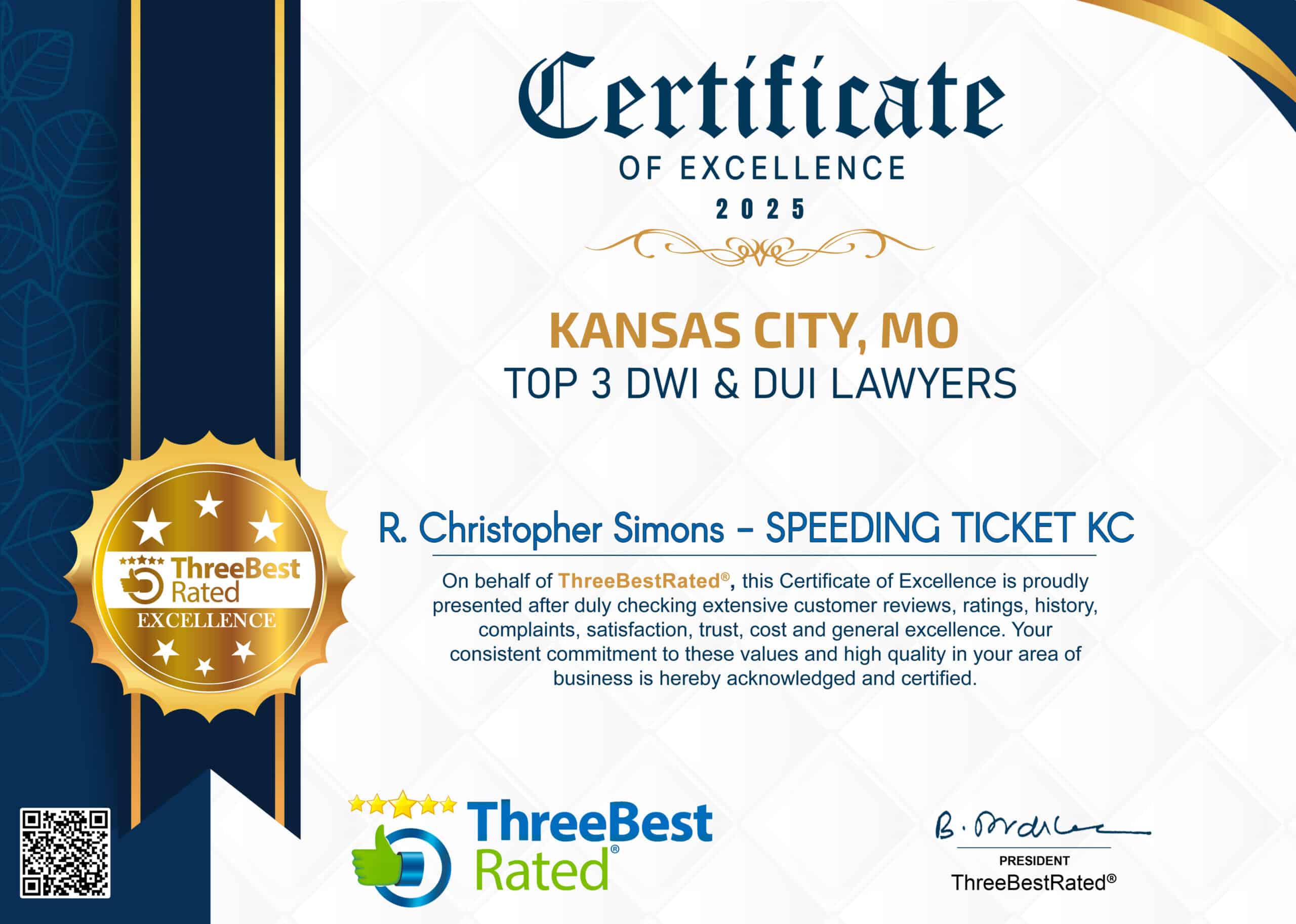

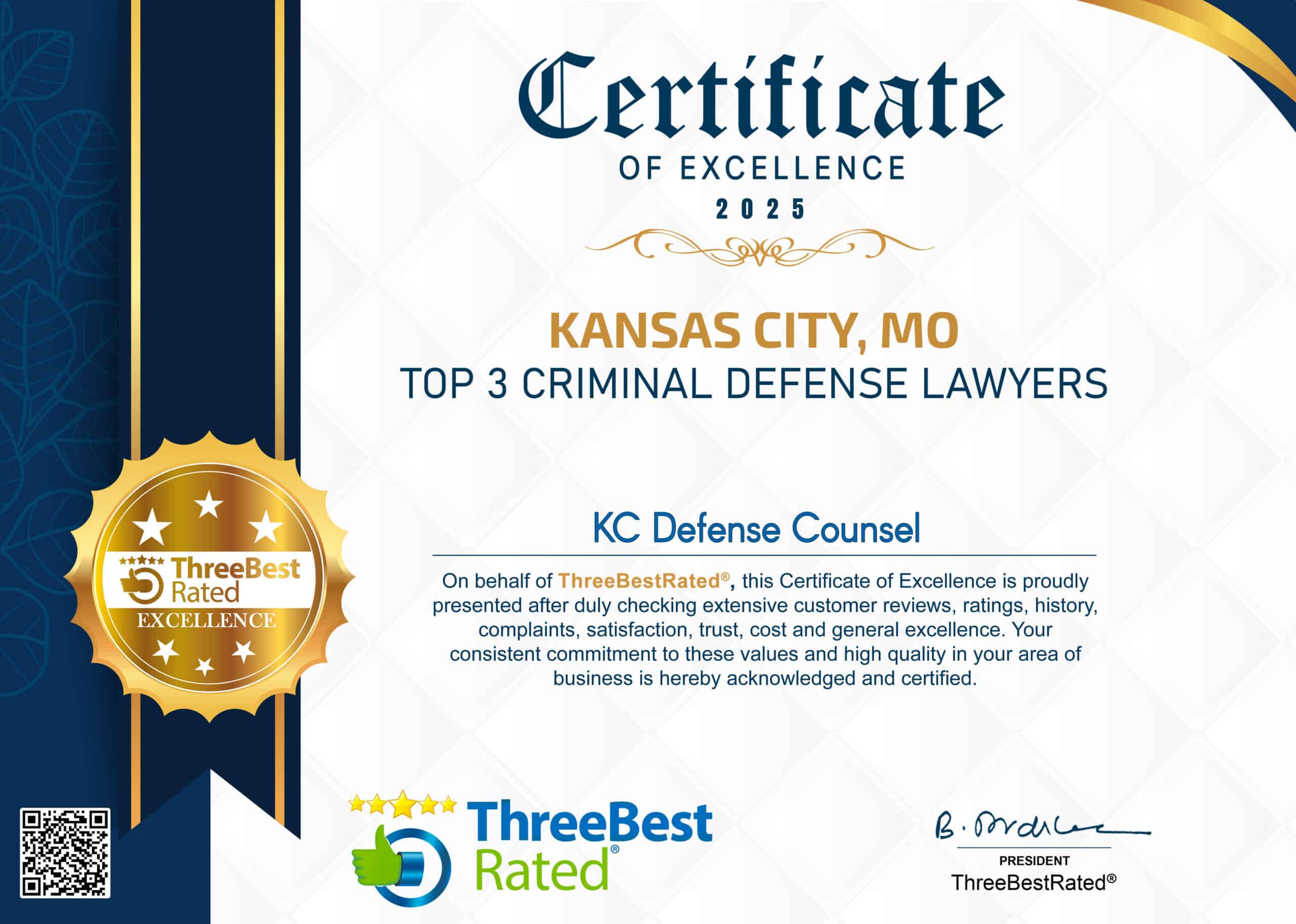



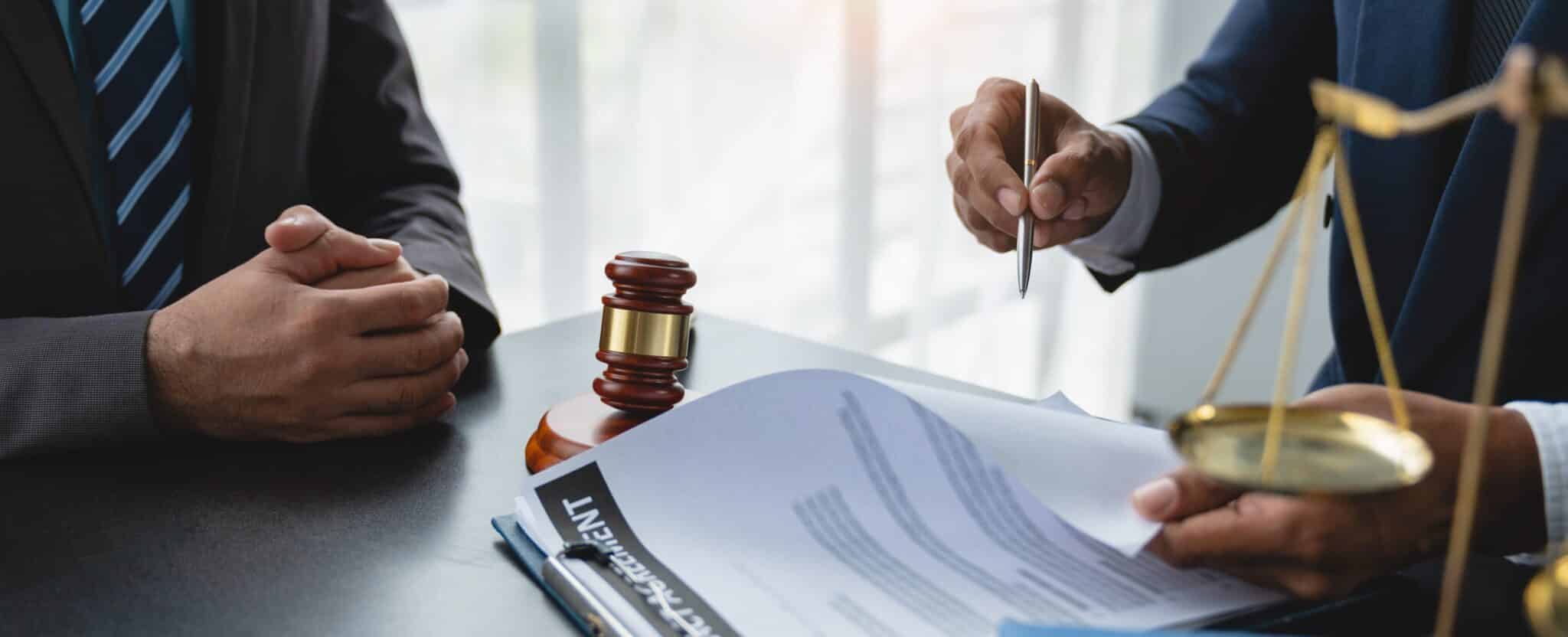
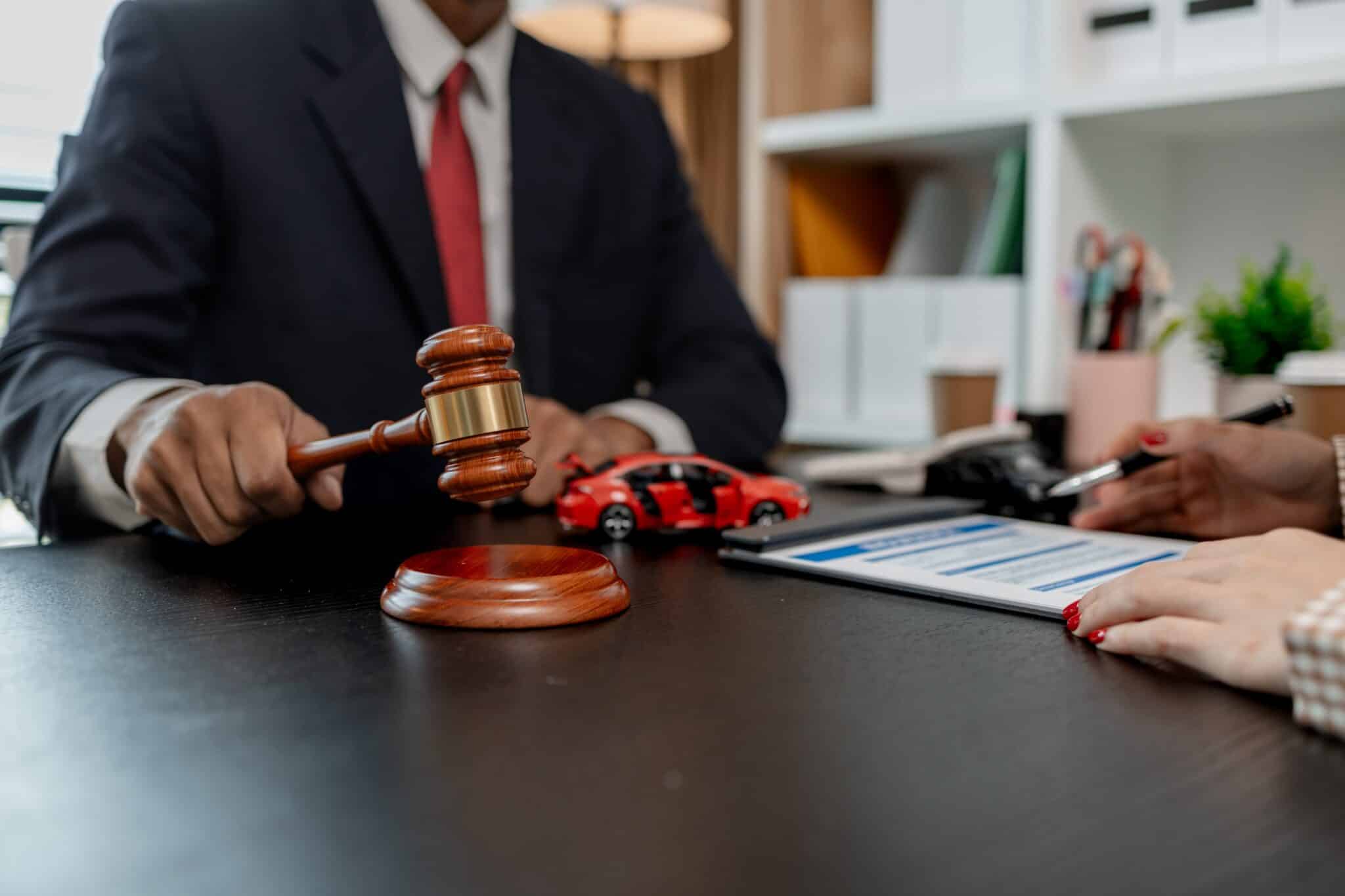
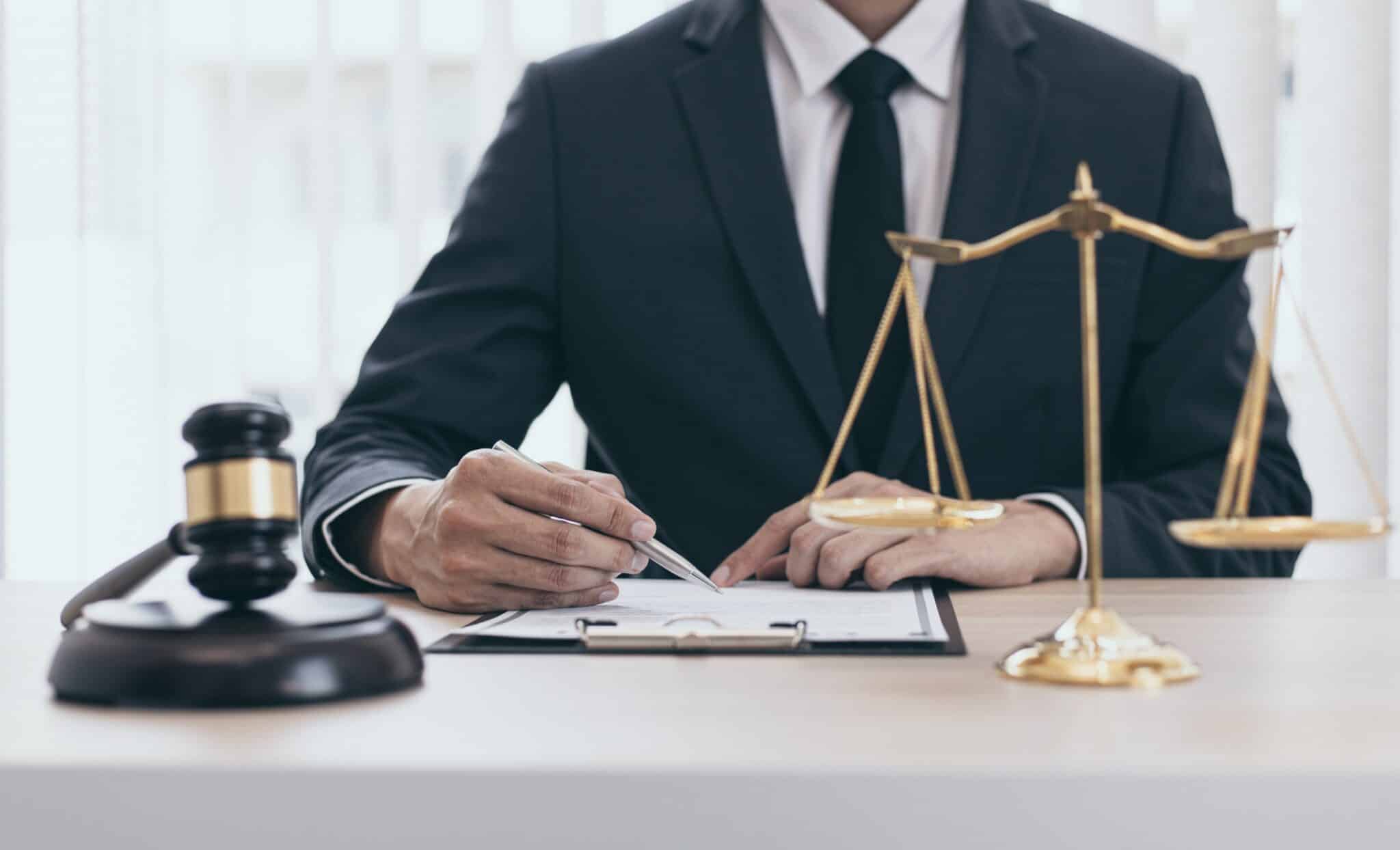


Recent Comments